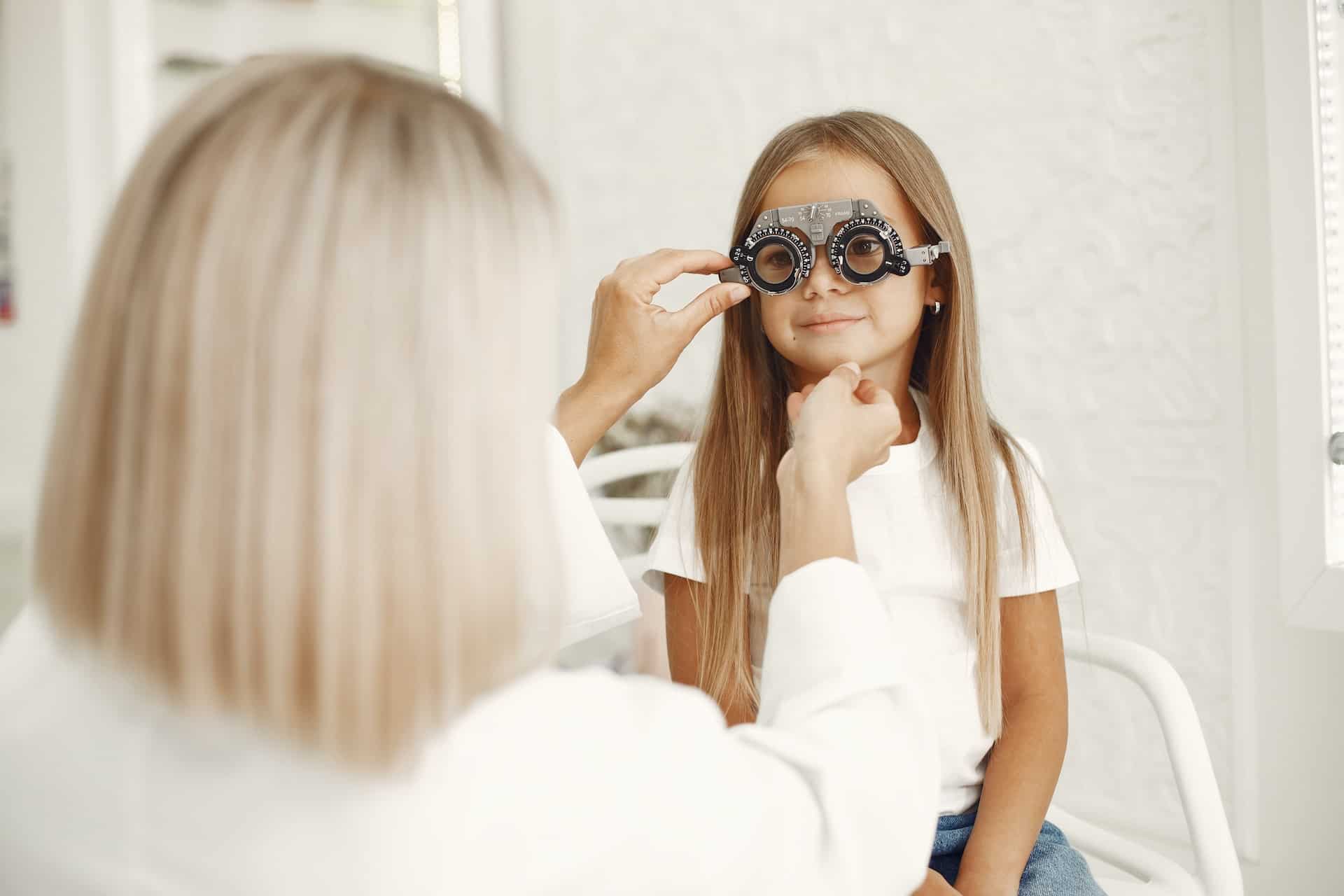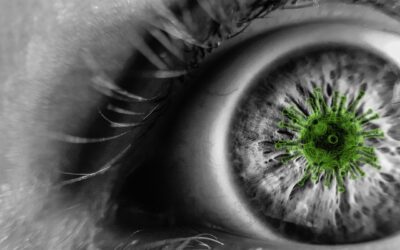Attending an eye exam for the first time, whether you are a child or an adult, may seem intimidating, but it is necessary to have comprehensive information about your vision and eye health. Depending on your vision plan and medical insurance, you may either call or go online to schedule your eye exam with an optometrist. The optometrist’s office staff will determine the type of examination needed upon scheduling.
Preliminary Testing at Your First Eye Exam
During the preliminary testing, an optometric technician may conduct basic tests to provide the doctor with more information about your eyes and general health. Though not every test may be done at every visit, it is important to know the types of tests the optometrist might perform.
Vision Testing
Visual acuity tests are common, where different-sized letters are presented on a chart that you read from a distance. You may also be asked to read letters from another chart held close to your eyes to check your vision up close. Binocular testing is also done to check how well your eyes work together. This may include an eye movement test, stereopsis or depth perception test, or near point of convergence test. These tests determine how well your eyes can work together, and if 3-Dimensional vision is possible.
Glaucoma and Pressure Tests
To check for glaucoma, a common screening test performed by optometrists, eye pressure is measured using different forms of tonometry tests. There is a Goldmann applanation tonometer, where a numbing eye drop is administered before an instrument briefly touches the eye and checks the pressure. Non-contact tonometry or NCT involves using a puff of air that touches the eye, while iCare is a handheld device involving the rapid tapping of the eye’s surface.
Refraction and Glasses Check
The refraction test series is conducted to determine the strength of lenses needed for your glasses. It involves reading letters of different sizes placed at different distances. You will be asked to choose the lens which makes them clearer. Always answer to the best of your ability, as there is no correct answer.
A refraction is done even if there is no complaint of blurry vision to determine if there may be other issues such as eye strain, amblyopia (a weak eye), or difficulty with focusing.
Eye Health Exam
To check for eye health, your optometrist will use a slit-lamp microscope and lens or BIO and lens. Slit-lamp test involves a chin rest where a beam of light is focused on different areas of the eye. In contrast, the BIO test is conducted while sitting up, where a lens is placed close to the eye with a bright light shining into it. Both tests are important for checking for eye diseases like cataracts, corneal abrasions, diabetic retinopathy, retinal detachments, and macular degeneration.
Importance of Getting Your First Eye Exam
If someone hasn’t scheduled an eye exam yet, it is essential to make an appointment to get a baseline report of their vision and overall eye health. Regular eye exams allow for earlier detection of possible issues, which is vital to limit further damage and complications.





